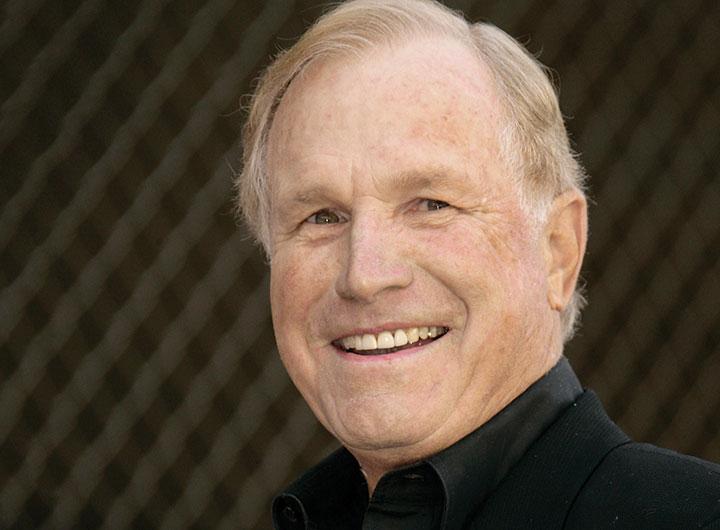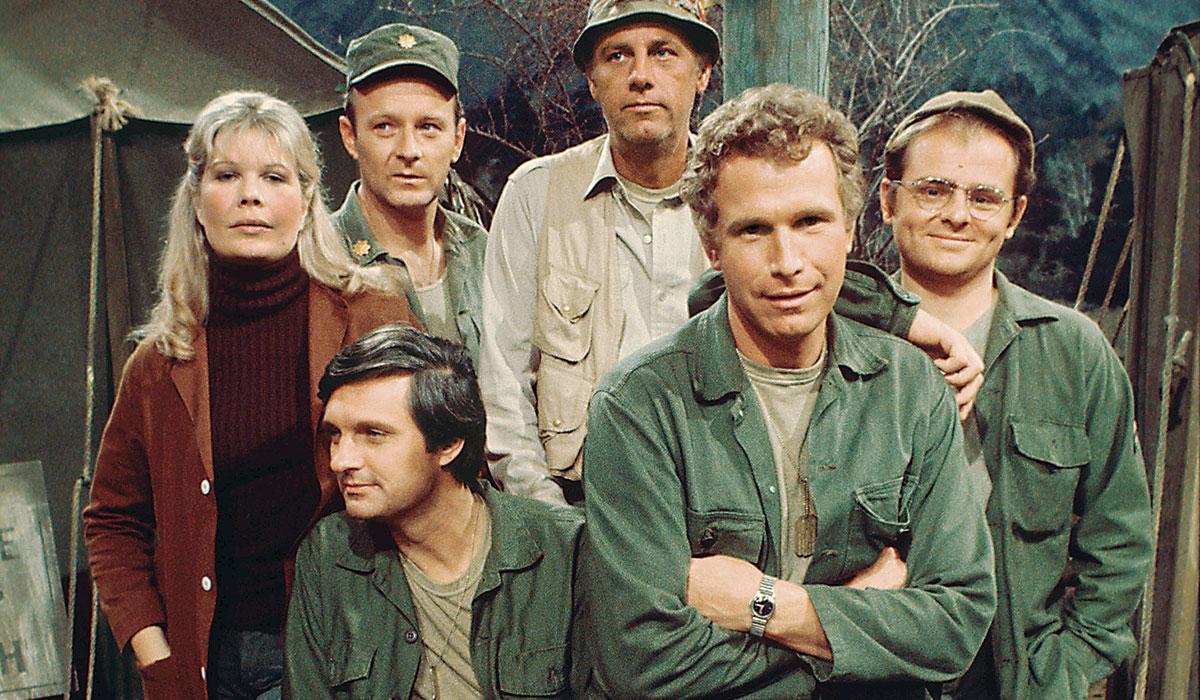APRIL 7, 1933–DEC. 31, 2015
A few years out of Princeton, Wayne M. Rogers ’54 was docked in New York City with his naval unit when he caught an old friend’s play rehearsal. The experience changed his life, he told The Daily Princetonian in 1987: “It was the first time I had ever seen people using their minds, bodies, and emotions in a direct form of communication.”
That moment would lead to Rogers’ role in one of television’s most beloved duos: Trapper John McIntyre, the mischievous, martini-loving partner of Alan Alda’s Hawkeye Pierce on M*A*S*H, which ran from 1972 through 1983. After the Navy, Rogers scrapped his plans for Harvard Law School and auditioned his way into the Neighborhood Playhouse, a prestigious full-time conservatory for actors in New York. He underwent rigorous training, took dancing lessons with Martha Graham, acted in off-Broadway theaters, and did summer stock.

After moving in the 1960s from New York’s theaters to Los Angeles’ sound stages, Rogers was cast in a number of small television roles — and a bit part in Cool Hand Luke — before landing the Trapper John role in 1972.
M*A*S*H instantly stood out against TV’s anodyne offerings of the time. Set in a surgical center in South Korea during the Korean War, the sitcom offered some catharsis in the form of commentary for ever-worsening national morale as the Vietnam War slogged on. But while Rogers may be remembered by the public for the acting talent he displayed on M*A*S*H, others recall his sharp intellect.
“Wayne was very smart, but his intelligence never overpowered his ability to make contact with his emotions and with the other players in a scene,” Alda says in an email to PAW. “He could read books on astrophysics or quantum mechanics and come away conversant. ... He taught himself finance and drilled down into the subject to an extraordinary degree. People often ask how actors can remember all their lines. Wayne could remember the entire Glass-Steagall Act.”
Rogers, who left M*A*S*H after three seasons, continued to act on television and in occasional art-house films, but with age, his interests in his businesses grew. He became a frequent financial commentator on Fox News and, in 1988 and 1990, he testified before the House of Representatives against the repeal of Glass-Steagall.
Son Bill Rogers describes his father as a “fearless” businessman until his final days, jumping at all kinds of investment opportunities, from a barge company on the Mississippi to Kleinfeld, the bridal behemoth.
“Even as he got older, he would call at all hours to talk about business deals we were working on,” says Bill. “He was a guy who lived every moment to the fullest, relentlessly.”
Carrie Compton is an associate editor at PAW.
VIDEO: Wayne Rogers ’54
Courtesy WSRE Pensacola



